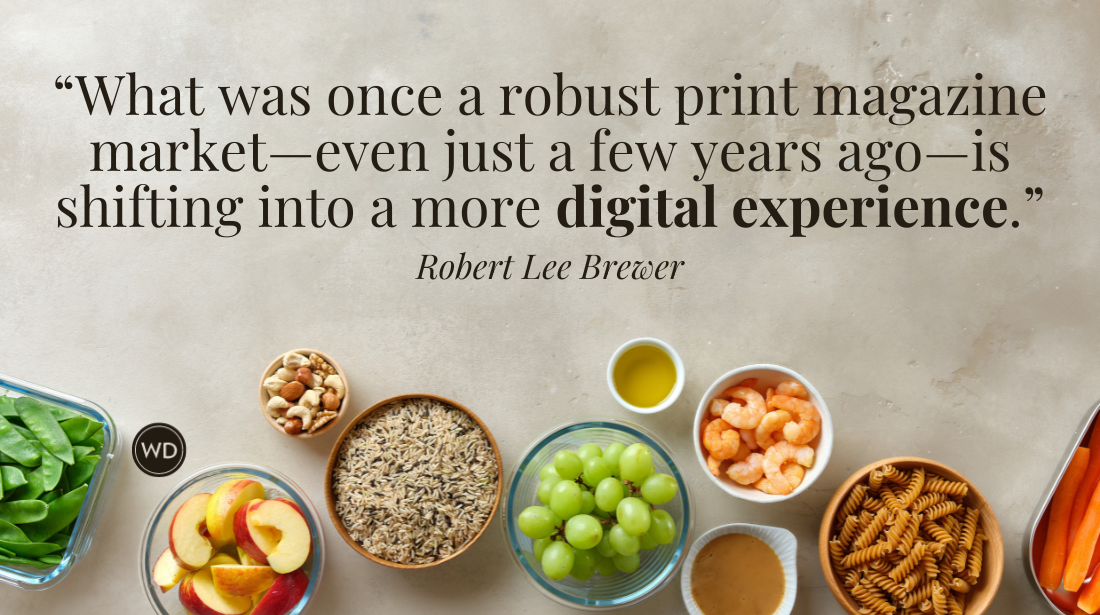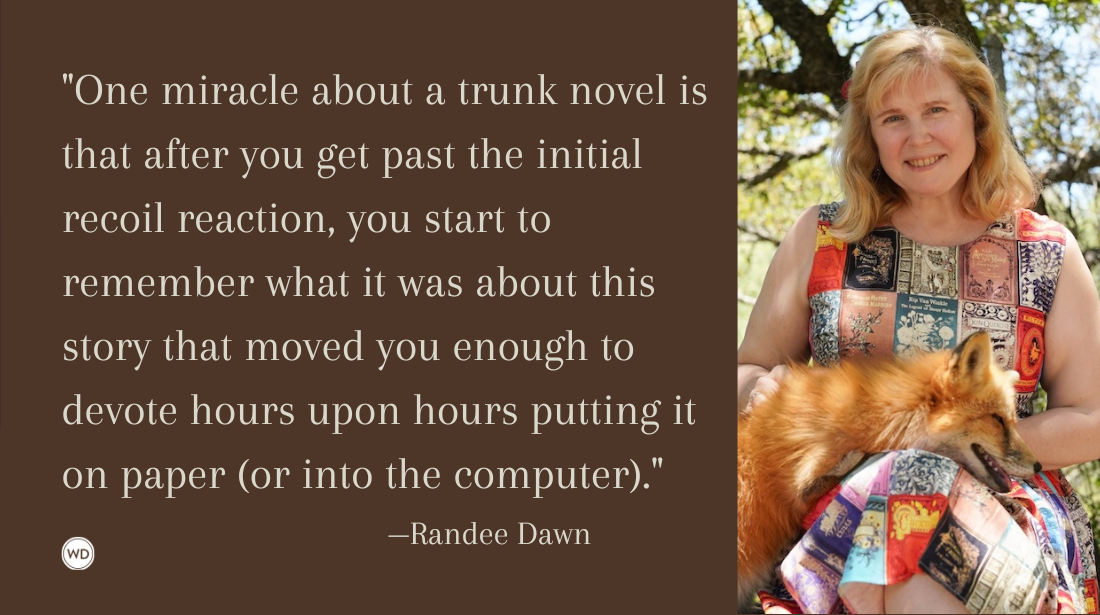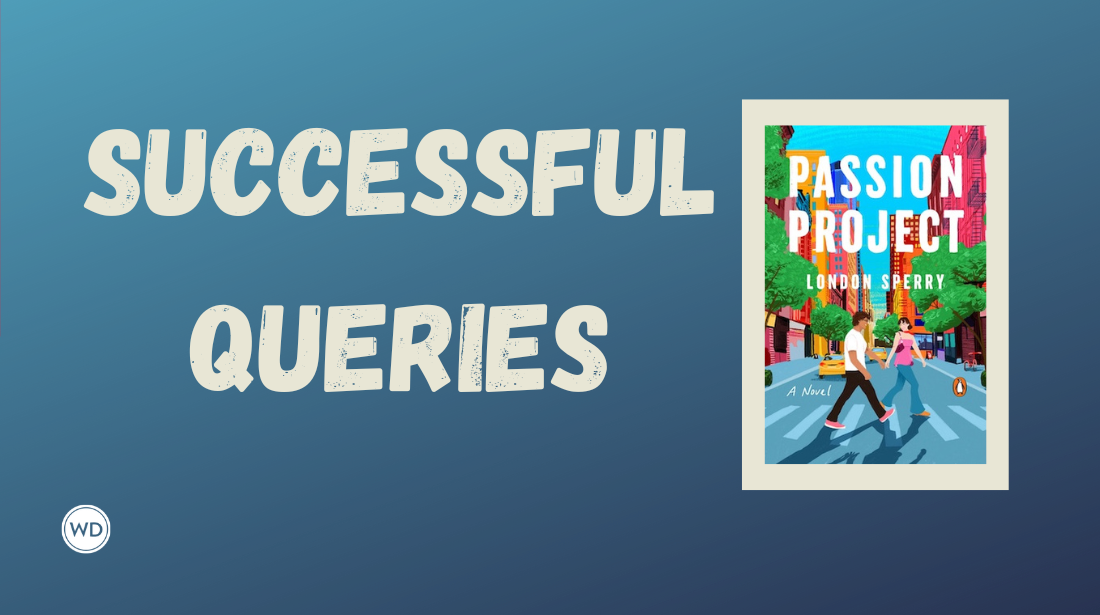Lessons Learned for Narrating the Audiobook of My Novel
Author Mary Dixie Carter explains how she prepared herself to narrate the audiobook for her debut novel The Photographer.
My stepfather, Hal Holbrook, performed a one-man show for 63 years called Mark Twain Tonight! As Mark Twain, Hal told stories and read from his (Mark Twain’s) own work. He played a slew of different characters—women and men and children of different ages and backgrounds, investing fully in each character, never a caricature, and switched among them seamlessly, while staying in Mark Twain’s body and mind the whole time.
When I was narrating the audiobook for my novel The Photographer, I thought a lot about Mark Twain Tonight! (much of which I’ve committed to memory, having seen it at least thirty times) as something to strive for. Narrating a novel has much in common with a one-man show. My novel has all to do with one character, the first-person narrator, Delta Dawn. I know who she is and understand her voice and everything is filtered through that voice.
Out of college and through my 20s, I worked as an actor in regional theater. (In my first professional role-playing Hedvig in The Wild Duck, Hal saw the show repeatedly and gave me notes afterward every night.) Though I wouldn’t go back to that life and the rejection that comes with it, it’s still a part of me. Narrating my novel brought my writing together with my acting background in a happy, and seemingly inevitable, way.
IndieBound | Bookshop | Amazon
[WD uses affiliate links.]
My preparation for narrating my novel was writing my novel. When I’m writing fiction, and sometimes even when I’m writing nonfiction, I use what I’d call acting techniques. I imagine a lot of writers without acting experience do the same thing, whether they call it acting or not. The kind of sensory exercises actors do in order to be in the moment (smell the lemon and bergamot perfume), their work to uncover the character’s backstory (she lived at Disneyworld, then moved in with a questionable uncle, followed by a rich boyfriend at age fifteen), to figure out what the character wants, what is driving the scene forward. All of that is similar for both writers and actors. Unlike writers, actors don’t always get to determine what a character says or does next. But they have the tools to.
If I’m writing a scene in which one of my characters is slapped across the face, I have to find out whether he cries or hits back. I can’t tell him what to do. I try to discover how he reacts, so the behavior that comes next comes from the character’s body. It’s the same as acting.
I came to the audiobook fully invested in each of the characters, especially the first-person narrator, Delta Dawn, having done the character work for the role already. There’s a piece of me in all of the characters I write.
Hal Holbrook used Mark Twain’s words in his show. He didn’t exactly write the show. But, actually…he kind of did write the show. He reinvented it, over and over and over again, to keep it relevant and alive. On stage, he became Mark Twain, and having done so, he could do no wrong.
I’m grateful for what I learned from him. Grateful that I had the opportunity to learn it. I wish he were here to listen to my audiobook. Maybe he has already. If so, I hope he’s proud.
Mary Dixie Carter’s writing has appeared in TIME, The Economist, San Francisco Chronicle, The Chicago Tribune, The Philadelphia Inquirer, and more. She worked at The Observer for five years as the publishing director and has worked as a professional actor. Mary Dixie has an honors degree in English literature from Harvard College and holds an MFA in creative writing from The New School. She lives in Brooklyn with her husband and two young children. The Photographer, her first novel, will be published May 25, 2021.








